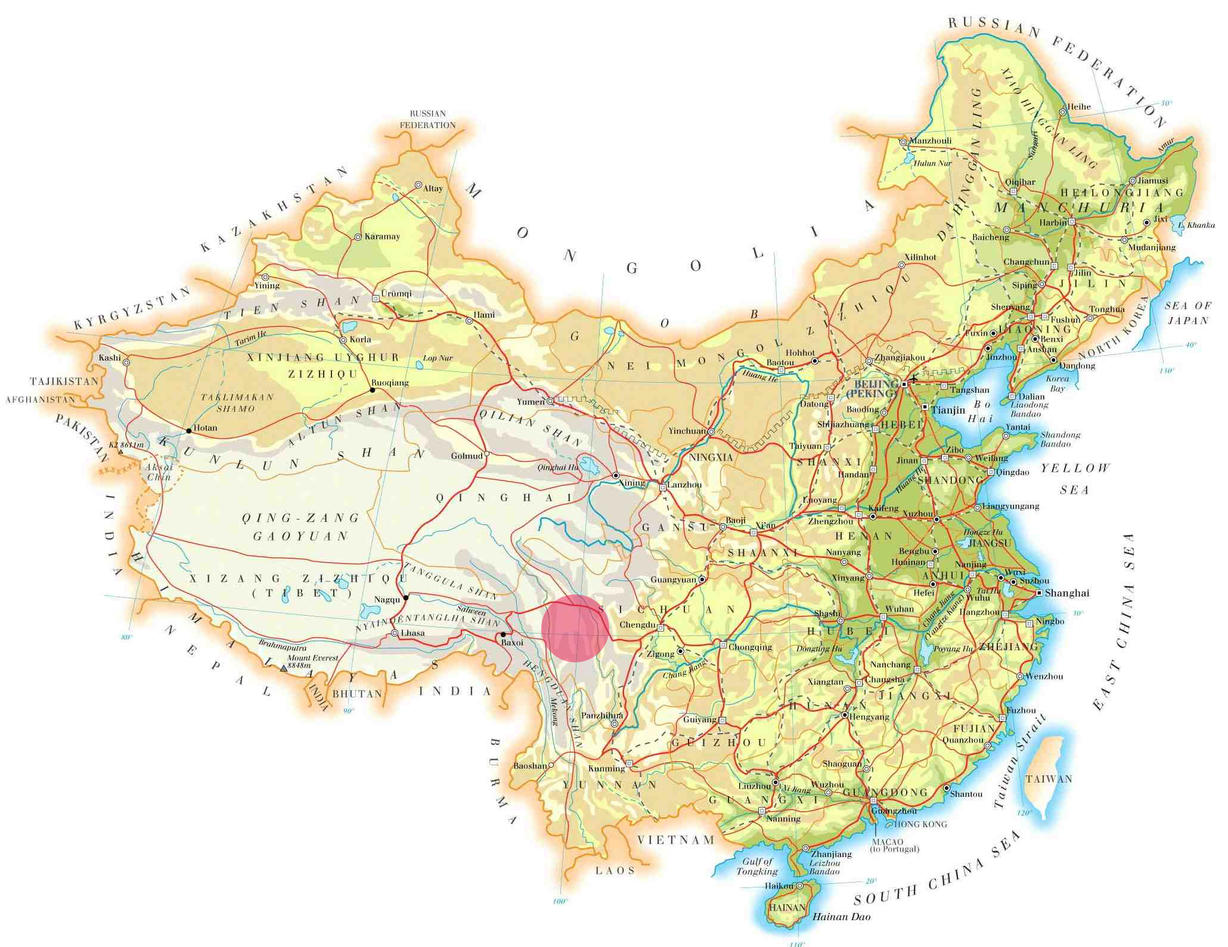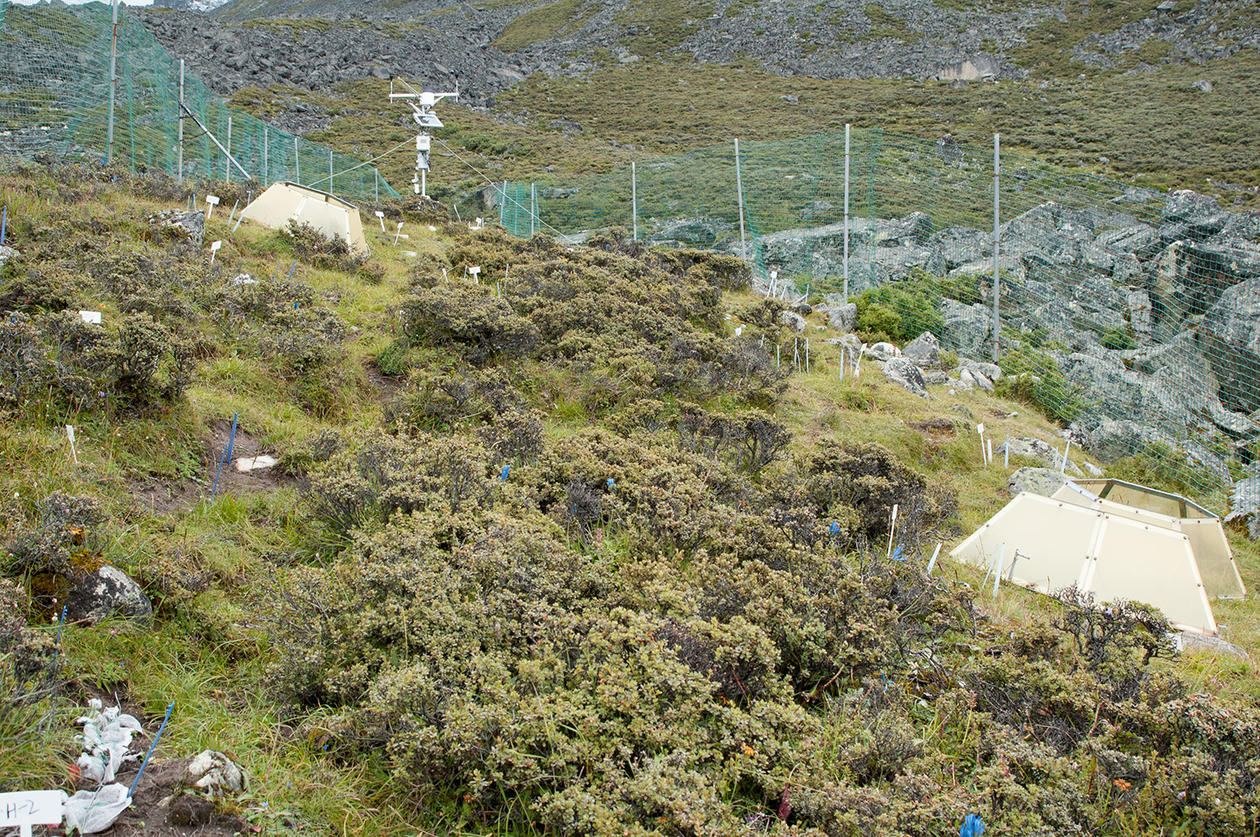Plant Functional Traits Course 2
The 2016 International Plant Functional Traits Course was held between 8th and 18th August 2016 at the Alpine Ecosystem Observation and Experiment Station of Mt. Gongga, Sichuan, China

Hovedinnhold
The 2016 International Plant Functional Traits Course offered a hands-on, field-based exploration of plant functional traits, along with experience in the usage of plant traits data in climate-change research and ecosystem ecology. Trait-based ecology offers an important set of methods and new approaches that enables a more powerful approach to predict how climate and biotic interactions shape the diversity of communities and functioning of ecosystems. This course provided students with the essential background and skills needed for trait-based ecology.
The course focussed on addressing several core scientific questions with an emphasis on key skills: (i) collecting original data in the field, (ii) developing data management skills, (iii) developing computational and statistical skills; and (iv) generating summaries of our findings. Students were given hands-on instruction in the background and methods of ecophysiology, community ecology, population biology, and computational biology.
The course was held along an elevational gradient in Gongga Mountain in the Sichuan Province in China in the transition between the Tibetan Plateau and lowland forest ecosystems. The fieldwork was carried out along an elevational gradient (3000–4200 m a.s.l.) that included the experimental TransPlant project. Participants were introduced to the ecological and taxonomic diversity of the region, and were involved in one of the following projects:
- Assessing the role of climate and biotic interactions on plant community leaf trait composition.
- Assessing how temperature variation and leaf functional trait influences leaf ecophysiology within and across the specious clade Rhododendron.
- Quantifying how plant communities and local populations respond to experimental warming treatments along the elevational gradient.
- Measuring how functional traits composition and experimental warming treatments influence ecosystem functioning by measuring CO2-flux within and across plant communities.
The course was aimed at graduate students - both Masters and PhD. Participants worked with international instructors and in teams and focussed on collecting data in the field to address a specific research question. They gained experience in measuring plant functional traits and learnt standard protocols and multiple methods. They gained basic knowledge of the structure and analysis of trait data and experience with analyses and interpretation of these data. They became familiar with taking measurements using ecophsyiological equipment including the LiCor 6400 and LiCor 7500 and were introduced to trait-based ecology.
The course ran between 8th – 18th August 2016 and was held at the Alpine Ecosystem Observation and Experiment Station of Mt. Gongga.
The course was organised by Professors V. Vandvik from the University of Bergen in Norway and B. Enquist from the University of Arizona in the USA together with Yan Yang from the Chinese Academy of Science in Chengdu, China.

